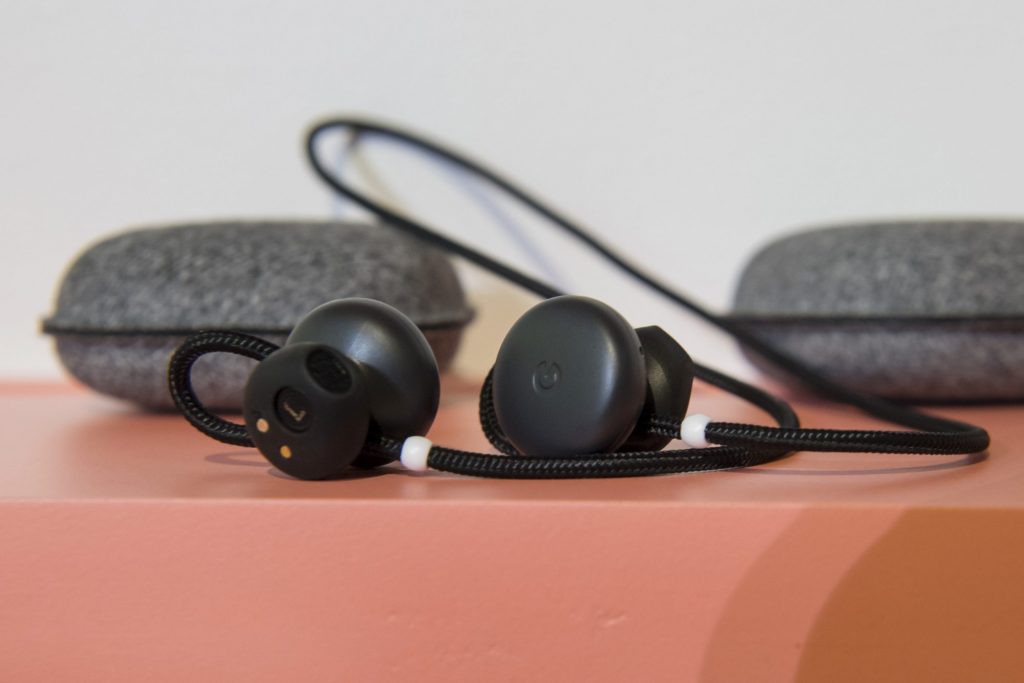Skift Take
The first iteration of this technology could be glitchy, but the ability to translate your speech into 40 languages could turn out to be something of a true killer app for the travel industry.
Travel technology tends to be focused on the transactional; ways to streamline and personalize the booking process for consumers, while reducing costs and connecting systems on the back-end.
But, during a consumer technology keynote Wednesday, Google announced one feature that could help redefine the travel experience for consumers around the world.
Google Pixel Buds may appear at first glance to be a less aesthetically pleasing version of Apple’s popular Airpods wireless headphones. But Google Pixel Buds house one feature that could prove transformative for the travel industry: real-time translation capabilities powered by Google Translate and Google Assistant, Google’s more useful equivalent of Apple’s Siri.
By touching the right earbud, users can receive instantaneous translations from the language they’re speaking to their language of choice. They will of course have to then speak out loud what they’re hearing if they want to communicate to someone.
Users will also be able to hand their phone to whoever they’re talking to, and receive an audio translation of their speech on the earbuds. All this is said to occur instantaneously (it appears that technology journalists haven’t spent extensive time with the finished product yet, but a demo worked well enough.)
Picture a foreign traveler in St. Petersburg, Russia asking a store clerk to recommend out-of-the way restaurants where the food is good and the locals hang out. Just hand the clerk the phone, and get the translated recommendation right to the traveler’s earbuds.
Language differences are one of the largest and most-stubborn pain points in travel. Google Pixel Buds has endless potential to break down these linguistic walls.
“It’s an incredible application of Google Translate powered by machine learning,” said Juston Payne, a Google product manager, during Wednesday’s presentation. “It’s like having a personal translator by your side.”
Onstage, the translation between Swedish and English appeared completely instantaneous.
Google representatives say 40 languages is only the beginning and more languages will soon be incorporated into Google Translate. Google Pixel Buds is slated to enter the crowded wireless headphone market in November, and will work on newer iPhones, Google’s Pixel phones, and the latest, high-end Samsung handsets. For now, the translation feature will only work on Pixel devices.
It’s hard to overstate the impact this feature could have on the global travel industry, especially coming from a company like Google that has helped to mainstream countless technology and communication innovations over the years such as Gmail.
Skift has long believed that advances in consumer technologies help push the travel industry further along, and this could be a transformative application of Google’s translation service with voice control and artificial intelligence.
Google has had a lot of misses, too, when it comes to consumer tech, but the earbuds show a lot of promise.
It could be that future iterations will improve on the current capabilities; perhaps earbuds fitted with microphones would soon be able to translate the speech of someone else in real-time.
A reliance on mobile data, for now, could also limit the usability of the translation functionality when traveling.
When Google Pixel Buds is released, we’ll take a look at the translation technology to see if it really provides a transformational experience for travelers. Stay tuned.
The Daily Newsletter
Our daily coverage of the global travel industry. Written by editors and analysts from across Skift’s brands.
Have a confidential tip for Skift? Get in touch
Tags: google, mobile, technology, translations, wearables
Photo credit: Google unveiled Google Pixel Buds wireless headphones during a keynote October 4, 2017. Real-time translation will soon be available to consumers using new wireless headphones. David Paul Morris / Bloomberg
